Desecuritizing the Politics of the Eastern Democratic Republic of Congo
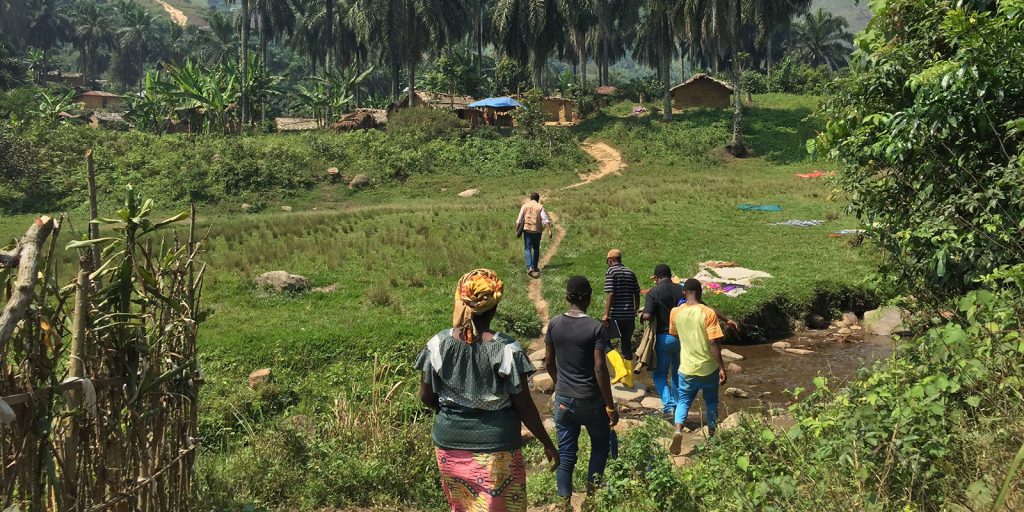
One cannot stabilize the eastern part of the Democratic Republic of Congo (DRC) without building a trustworthy and effective local and national political leadership, desecuritizing the national political narrative, and depoliticizing national security operations.
The role of the IGAD Mission in the Republic of South Sudan
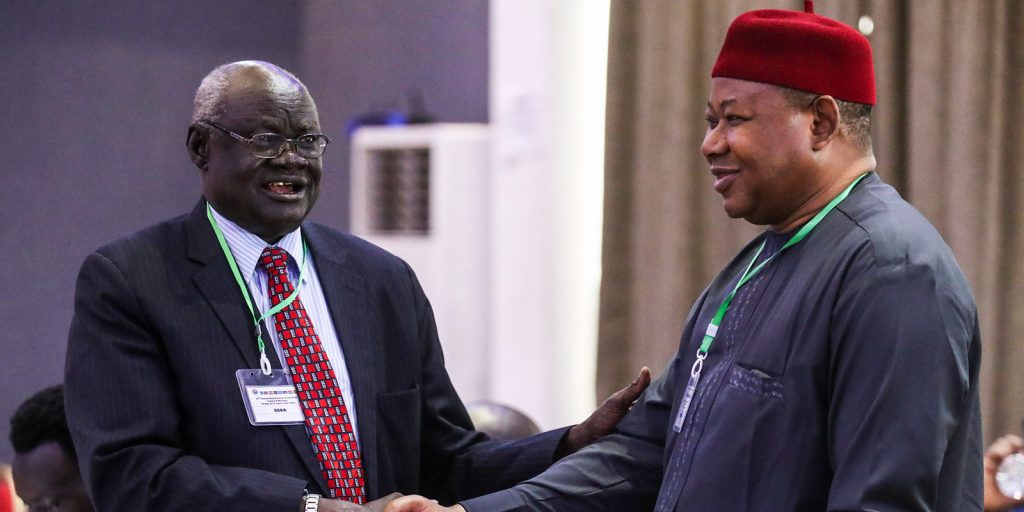
IGAD upgraded its presence in various IGAD Member States namely; Ethiopia, Kenya, Somalia, South Sudan, Sudan and Uganda to full time presence instead of ad hoc engagements or small liaison offices, while Djibouti remains the seat of the Secretariat and the Executive Secretary. The IGAD presence in the Republic of South Sudan started with a liaison office at the sub-national regional government of southern Sudan in 2005 to follow up on the implementation of the Comprehensive Peace Agreement (CPA), and upgraded to a small Juba Liaison Office after South Sudan’s independence on 9 July 2011.
Missed Opportunities for Peace in the First Decade of Independent South Sudan
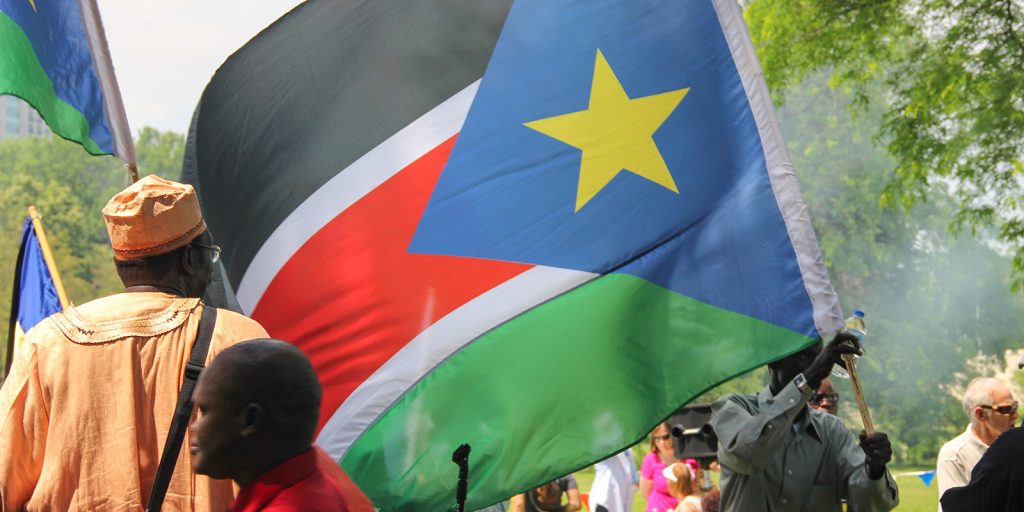
The 9th of July 2021 marks the first decade of independence of the Republic of South Sudan and the challenges of nation-state building. The 2005 Comprehensive Peace Agreement (CPA) paved the way for separation of Southern Sudan from the Sudan in 2011 through a referendum for self-determination. Though the parties pledged to make unity of the Sudan attractive, the people did not believe.
The Politics of the Grand Ethiopian Renaissance Dam (GERD) – an Ethiopian Perspective
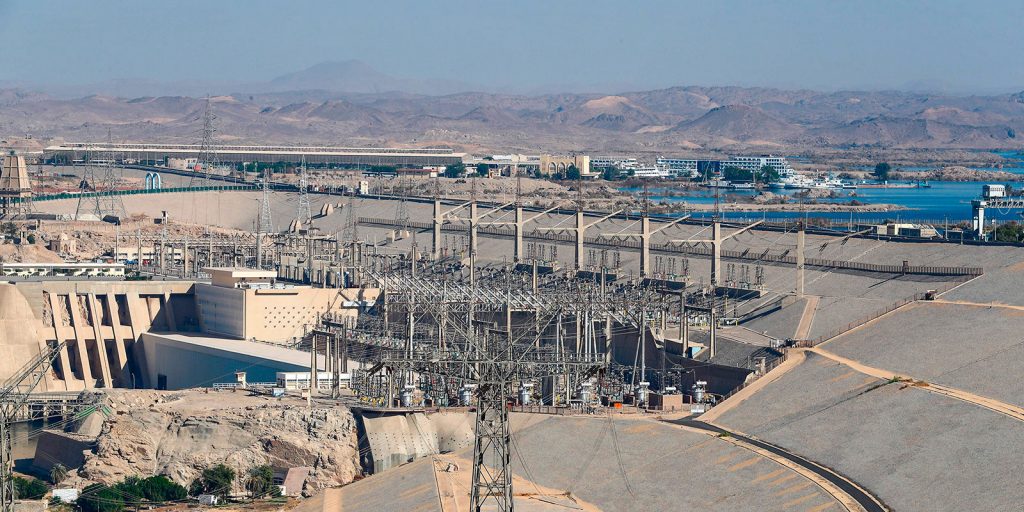
Though it is shared by 11 riparian countries, Egypt, Sudan, and Ethiopia dominate the contesting debate over the Nile water resource. Historically, the Nile basin has been dominated by unilateralism, exclusion, colonial and neo-colonial drives to justify Egypt’s and Sudan’s monopoly over the utilization of the shared water resource.
Socio-political dilemmas faced by Uganda and South Africa in the third wave: The impact of lockdown measures
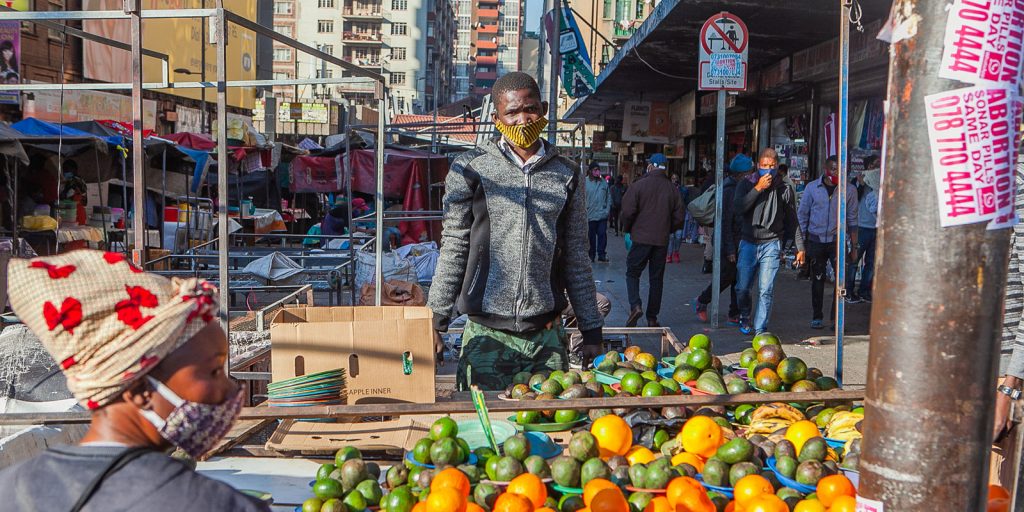
Africa had time to prepare for the pandemic outbreak after the first wave of COVID-19 in China and Europe. However, Africa is one of the continents most affected by the third wave, with South Africa being particularly affected. Africa is faced with over 5.6 million COVID-19 cases and 146 497 deaths (06 July 2021). South Africa is leading with over 2 million coronavirus cases (06 July 2021)
COVID-19 and People on the Move in Africa: The impact of State Responses to the Pandemic on Migrants, Refugees, Asylum-Seekers and Internally Displaced People
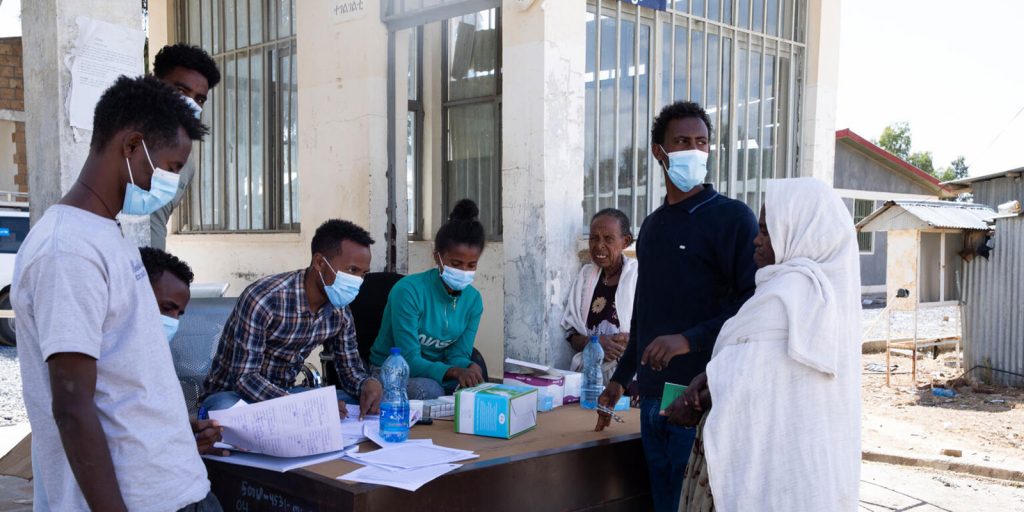
The spread of COVID-19 throughout Africa has not only generated health emergencies across the continent but has also had devastating impacts on local and national economies, lives and livelihoods. Inevitably, marginalised populations such as migrants, refugees, asylum-seekers and internally displaced people (IDPs) have been some of the worst affected, including increased risk for their health, wellbeing and protection.
Coping with the third wave, amidst a slow vaccination process and return to lockdown in some African countries
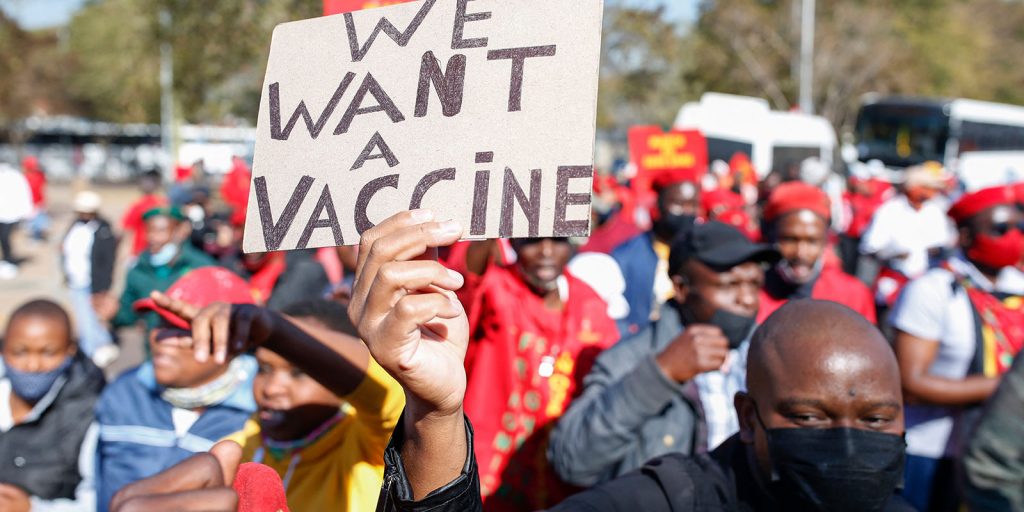
Almost a year and a half later, the coronavirus pandemic continues to exacerbate pre-existing socio-economic and political challenges in Africa. At the onset of the third wave in June, and where most developed countries responded with vigorous vaccination drives, the fate of African populations and their livelihoods remain uncertain and under severe pressure. This article reflects on the way in which countries are responding to the third wave amidst the rollout of vaccines.
Third wave of COVID-19 calls for tighter measures
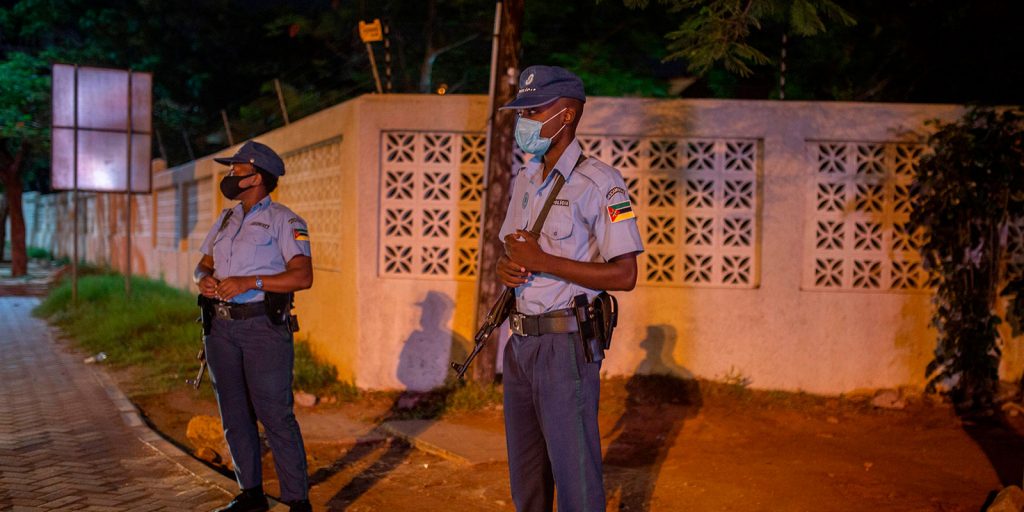
The President of the Republic of Mozambique, Filipe Nyusi, addressed the nation last Thursday, 24 June, announcing the introduction of tighter measures as part of efforts to contain the rapid spread of COVID-19.
Issues and Options for the SADC Standby Force mission in Mozambique
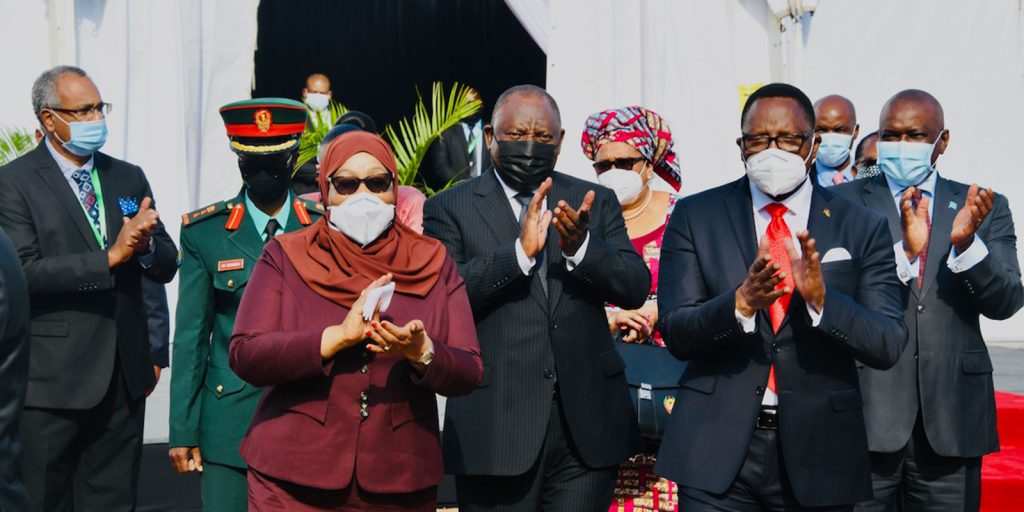
At the Extraordinary Summit of the Heads of State and Government of the Southern African Development Community (SADC) held in Mozambique on June 23, 2021, the regional body endorsed a decision to deploy a SADC Standby Force mission to the Republic of Mozambique, by October this year.
The Fight Against COVID-19 needs Global Co-operation
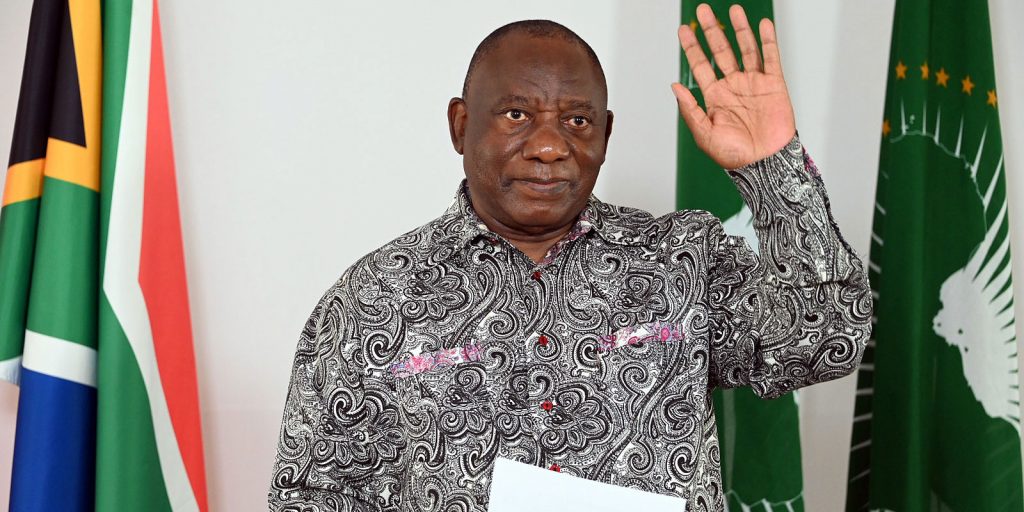
Speaking at the G7 Summit held on 13 June 2021, South Africa has commended the G7 and other countries for the collective action taken to overcome the current global health crisis and the commitment to create a better, greener and more prosperous world. Ending the pandemic must be our most immediate priority. COVID-19 is not over.
